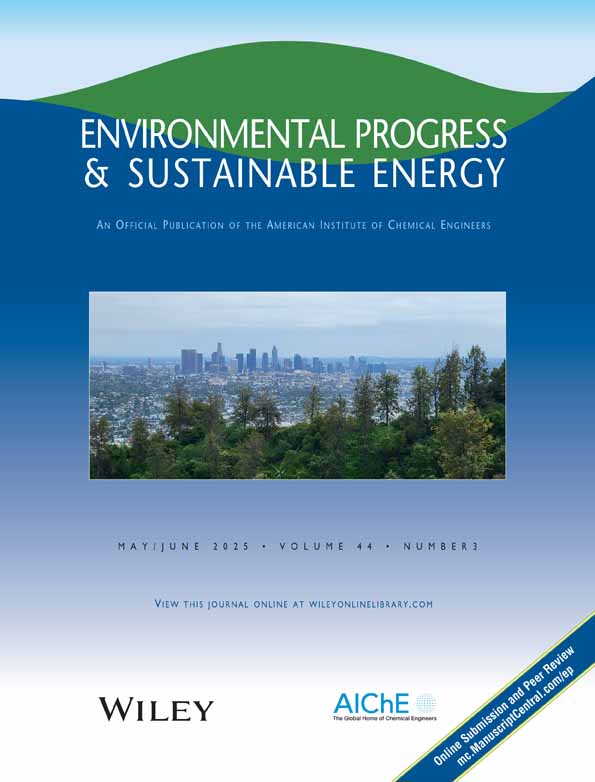Supercritical oxidation in water and carbon dioxide
Abstract
Supercritical water oxidation (SCWO) is a promising technology for the incineration of hazardous compounds in aqueous solutions. Even though the entire oxidation process in carbon dioxide is still somewhat unknown, this would be the optimum way of completely oxidizing the hazardous compounds which are first extracted by supercritical carbon dioxide. Results of high-pressure oxidation of model compounds (ethanol, methanol, toluene) in carbon dioxide compared to SCWO are reported. Such comparisons will help to clarify the role of the reaction medium in high-pressure oxidation.
Under optimum conditions, oxidation in CO2 leads to the same excellent TOC conversion of more than 99.9% as in H2O for methanol and ethanol, and of more than 98% for toluene. Under certain conditions, a reaction mixture containing carbon dioxide ignites at a lower temperature than the comparable reaction mixture with water.




